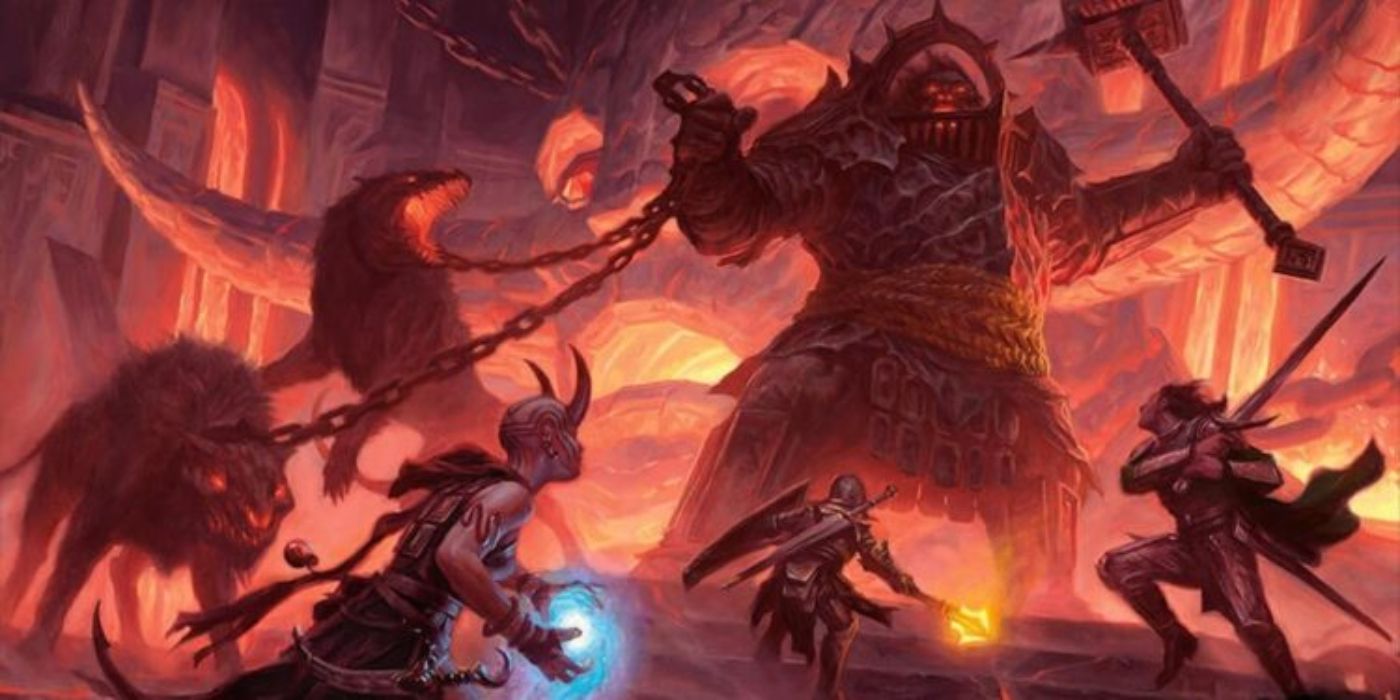
Deciding to create and host a Dungeon & Dragons campaign can be both an exciting and daunting task. It's the job of the Dungeon Master to create a new world, weave together a fascinating story, and know the rules of Dungeons & Dragons inside and out. However, the enormous responsibility shouldn't shy away players who've considered sitting at the head of the table.
RELATED: Best Third Party Books for D&D 5e, Ranked
While being a Dungeon Master can be an intimidating task, it can also be a highly rewarding experience that the other players will hopefully remember for years to come. For anyone considering heading their own campaign, knowing just where to begin is a great first step.
9 Know the Players
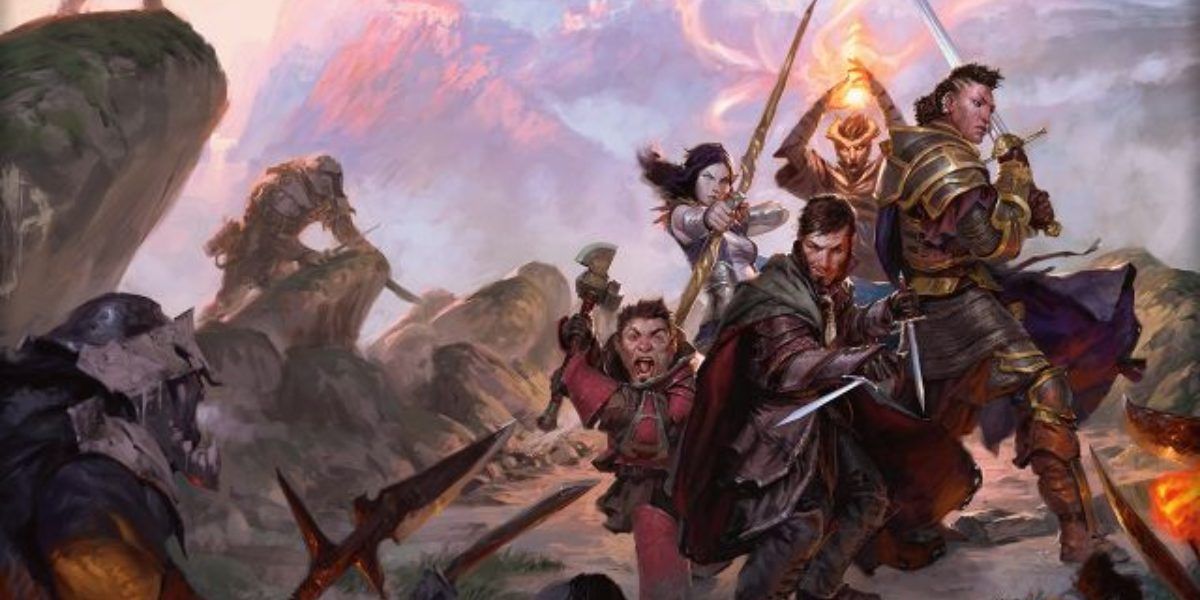
The last thing a Dungeon Master wants is to prepare an "intrigue" campaign filled with tense dialogue and negotiation, only to discover that their players expected an action-heavy story. Or vice-versa, where players are thrown into difficult combat with unprepared characters.
Dungeon Masters should prepare the type of campaign their running ahead of time, and tailor that campaign to their players. Players should at least have some idea of what to expect in each session, as well as what flavor of fantasy the campaign will be so they can plan accordingly. Dungeon Masters should also consider what kind of campaign their players might or might not enjoy. For example, don't plan a horror campaign if none of the players are into the idea.
8 Understand the Rules of D&D
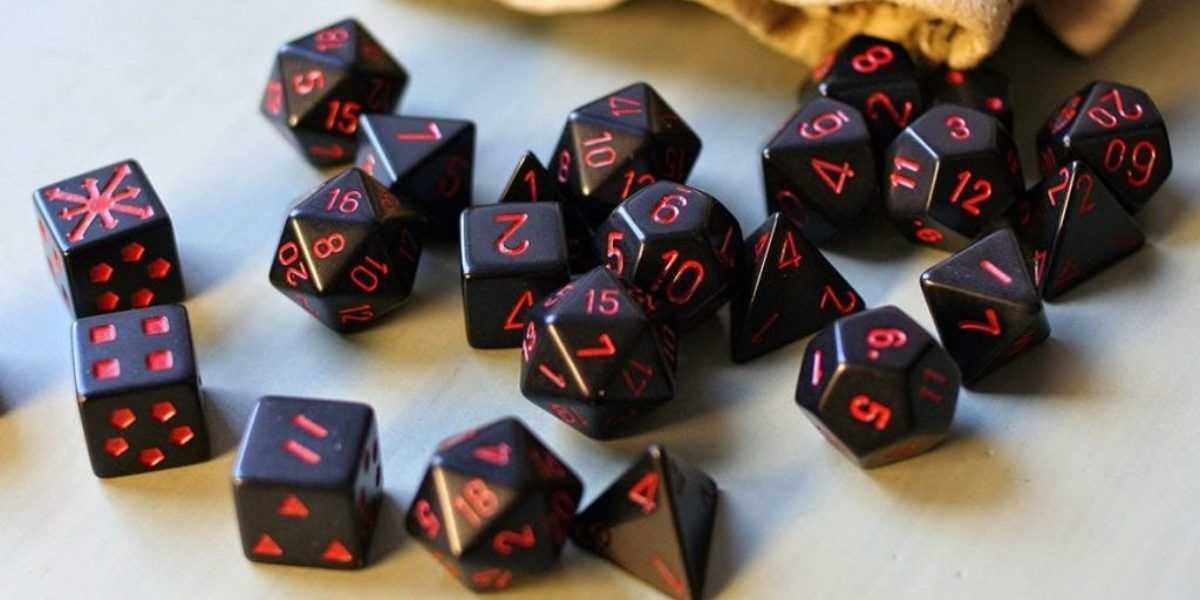
Maybe players can get by not knowing the difference between Intelligence and Wisdom, but not the Dungeon Master. Picking up a copy of Dungeon Master's Guide can certainly help, but Dungeon Masters shouldn't be afraid to consult the internet or other players if anything is confusing.
RELATED: Dungeons & Dragons: Dark Alliance Doesn't Support Cross-Platform Play
Knowing just exactly how combat works or how to handle saving throws can mean the difference between hosting an exciting campaign or hosting a dull one. However, this is ultimately the Dungeon Master's campaign, and Dungeon Masters should also not be afraid to tweak a rule here or there if need be.
7 Prepare the World
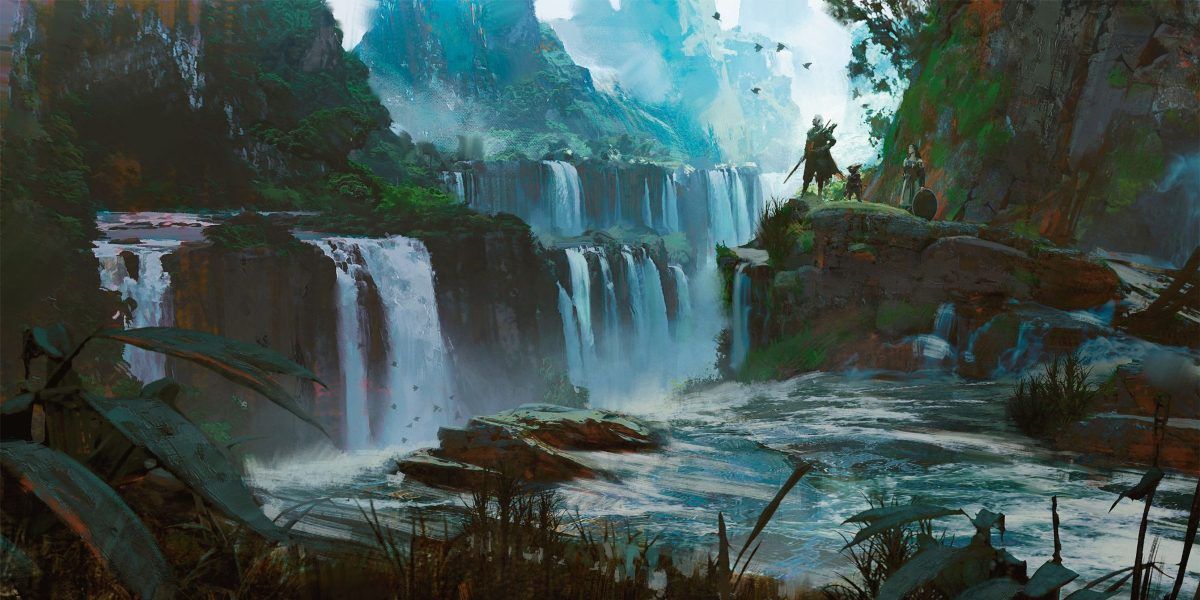
Perhaps the Dungeon Master knows exactly where the campaign will go, and does absolutely everything in their power to make sure the players head there. At the end of the day, the players decide what they'll do, not the Dungeon Master. New Dungeon Masters should expect to have players unexpectedly derail their campaign more than a few times per session.
Carefully planning out the world can make it seem alive and exciting as if there's always something to discover around every corner. And if the Dungeon Master had planned an encounter in one direction but their players go in another, they can always pick up that encounter and place it in front of the players. The players don't know the world, the Dungeon Master does.
6 Don't Be Afraid to Improvise
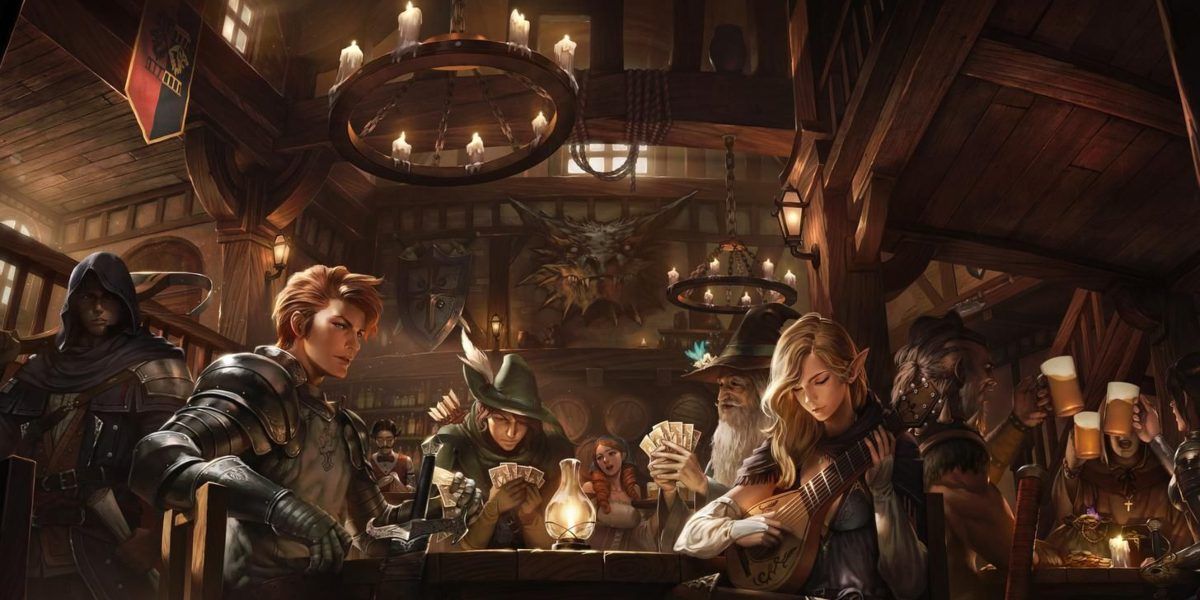
While planning ahead is to be expected, sometimes players will do things the Dungeon Master doesn't expect. The best thing to do, and mind the pun, is to roll with it. Thinking on one's feet can capture memorable new characters and unexpected twists that deepen the world the Dungeon Master creates.
RELATED: Dungeons and Dragons: The Case for and Against Releasing 6e
This may take some getting used to, especially to players who aren't familiar with improv. But if an idea pops into the head of the Dungeon Master, they shouldn't be afraid to put it into the game. As far as players are concerned, it was all planned the whole time.
5 Be Descriptive
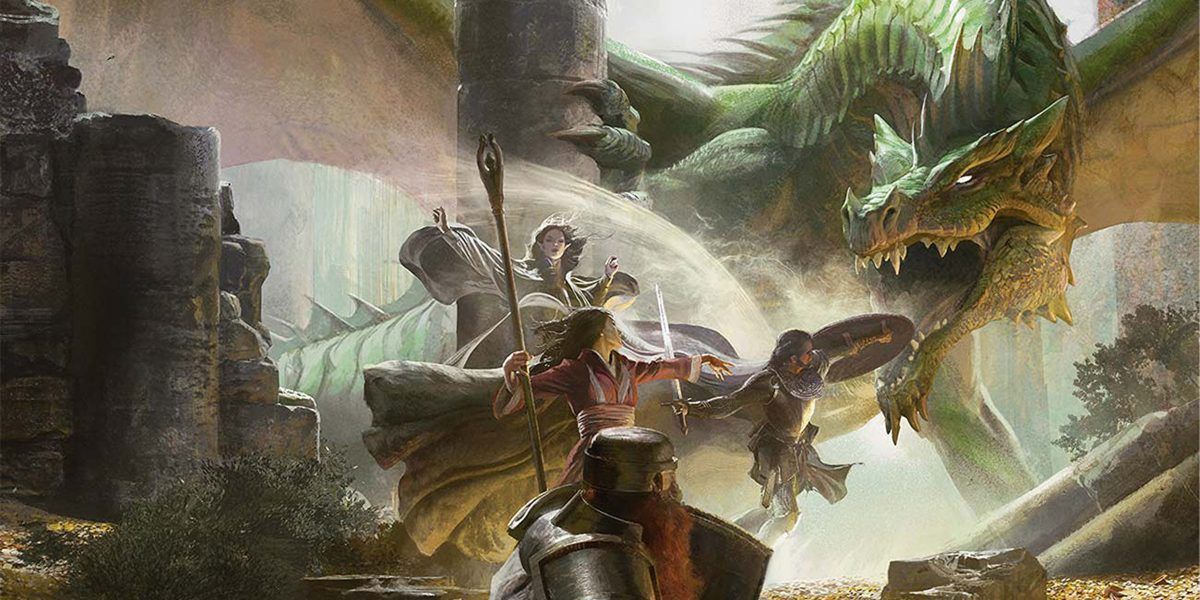
What players don't want to hear when they walk into a new room is a bland description of everything. The way the Dungeon Master describes a new character or location can say a lot about the atmosphere. A new location can come across as lively, dreary, mysterious, or unsettling based solely on the words the Dungeon Master chooses to describe that location.
This is especially true in horror-themed campaigns, where building the right atmosphere can be key to inducing fear in the players. Of course, it is possible to overdo it. Describing a location or character in too much detail can bore the players, and in certain cases lead to meta-game thinking.
4 Say "Yes" Whenever Possible
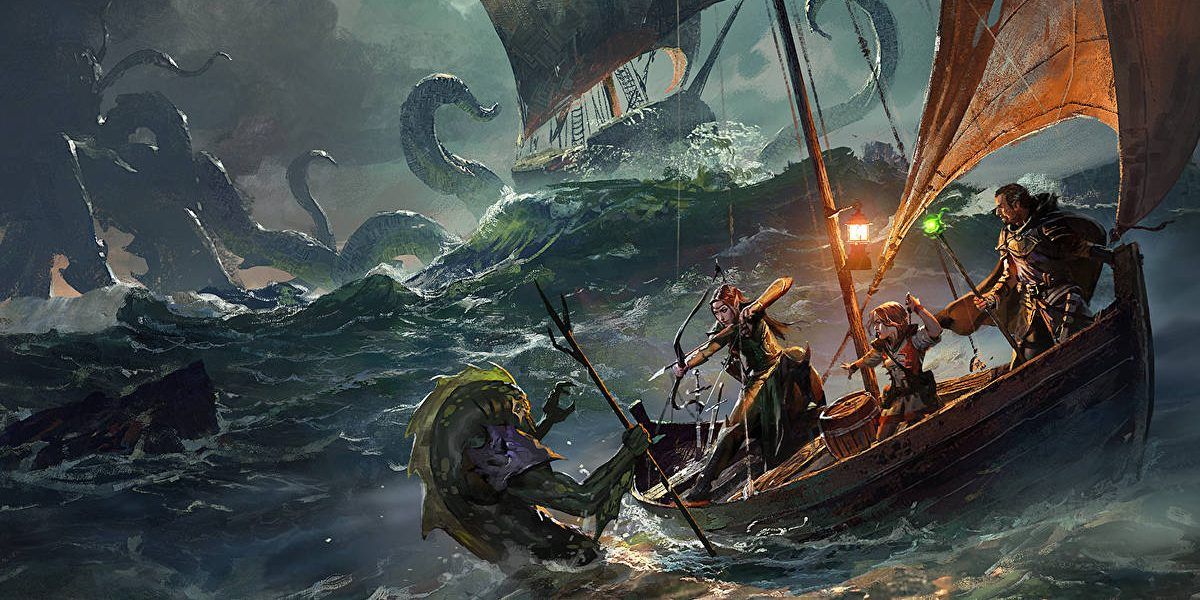
While writing a Dungeons & Dragons campaign can often feel like writing one's very own novel, Dungeon Masters should remember that they don't have complete control over the story. Sometimes the players will want to take any action that will completely destroy that session or even the entire campaign. It can be tempting to just say, "No, you can't do that." But this kind of dialogue will often leave players feeling frustrated and railroaded.
The players are both figuratively and literally the stars of the show and should have the agency to do anything within the realm of D&D possibility. For example, players could (and should) be able to theoretically kill the villain in the very first encounter. This might mean that Dungeon Masters will have to go back to the drawing board, but it will make the players feel as though they have a real push and pull within the fictional world.
3 Be Creative During Combat
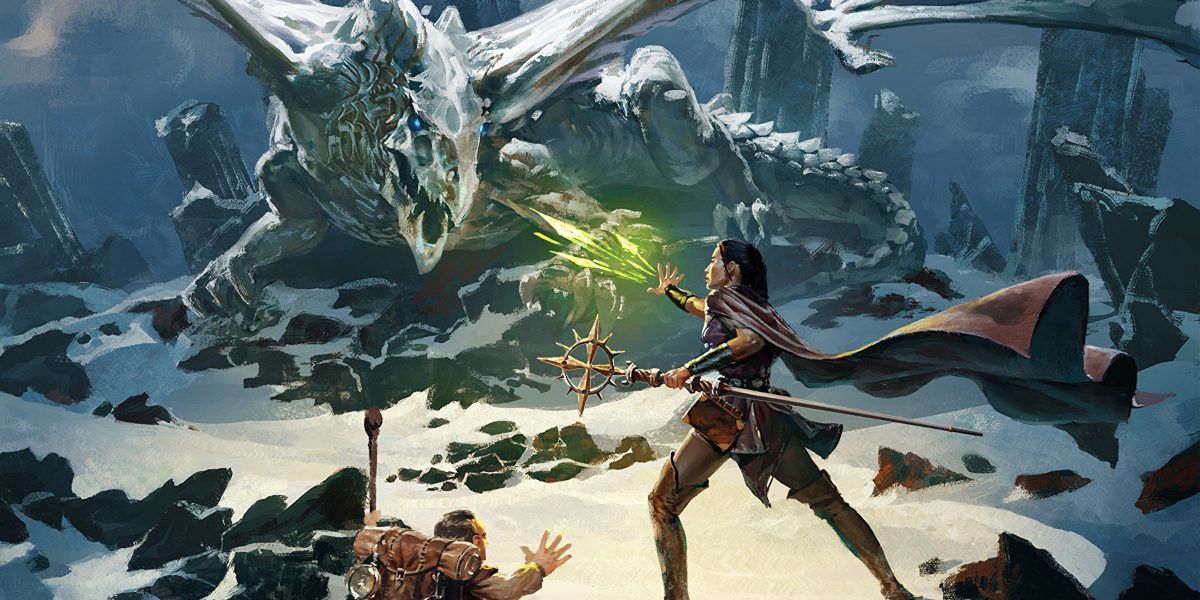
Combat should be the most exciting aspect of any Dungeons & Dragons campaign, but it can be terribly easy for action to feel like a repetitive chore. It might take more than a tough boss or more enemies to get players engaged.
RELATED: Dungeons and Dragons: A Brief History of Candlekeep
Like earlier, being descriptive during combat can make the ordeal feel fast and exciting. Give players awesome and fun maneuvers to describe their actions during combat. It can also be helpful to find creative and natural transitions between player turns rather than bluntly stating whose turn it is.
2 Make It Personal
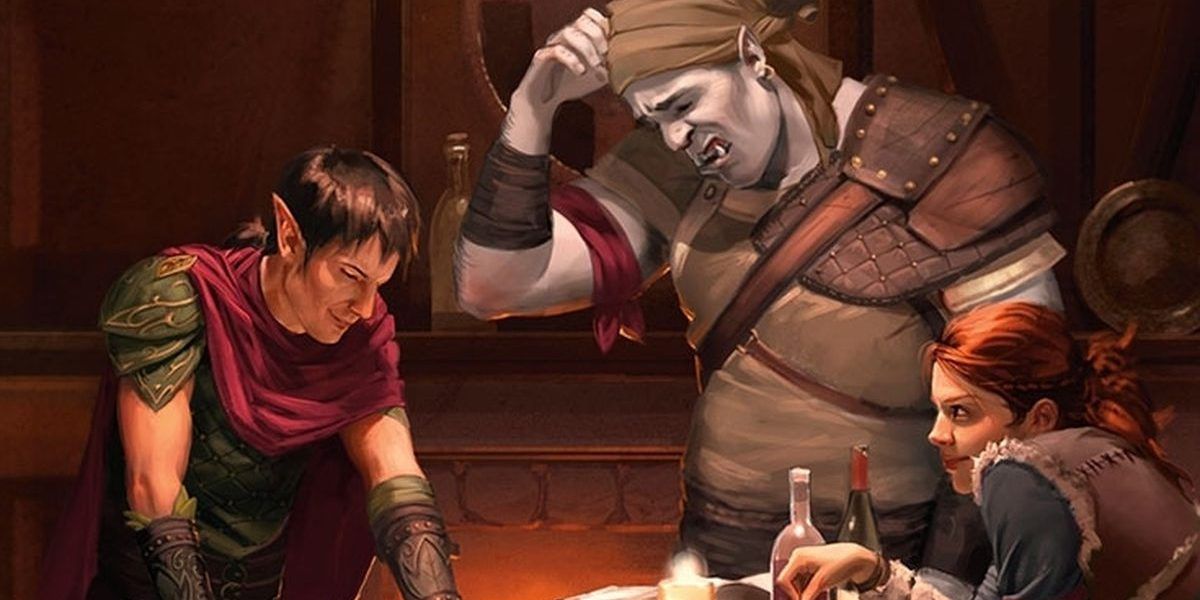
One way to create a memorable Dungeons & Dragons campaign is to tailor it specifically to the characters players create. Comb through each of their personalities and backstories. Come up with encounters and scenarios that will challenge the characters. Better yet, don't be afraid to include their backstories into the actual campaign.
Doing so will make the world feel alive and make the players feel as though they have real, personal stakes in the story. Bonus points if the Dungeon Master is able to conjure up a conflict that pits two characters and their ideals against each other. This is a great way to make a campaign feel like a one-of-a-kind adventure rather than a story that just any Dungeon Master could have run.
1 Get Inspiration from Stories
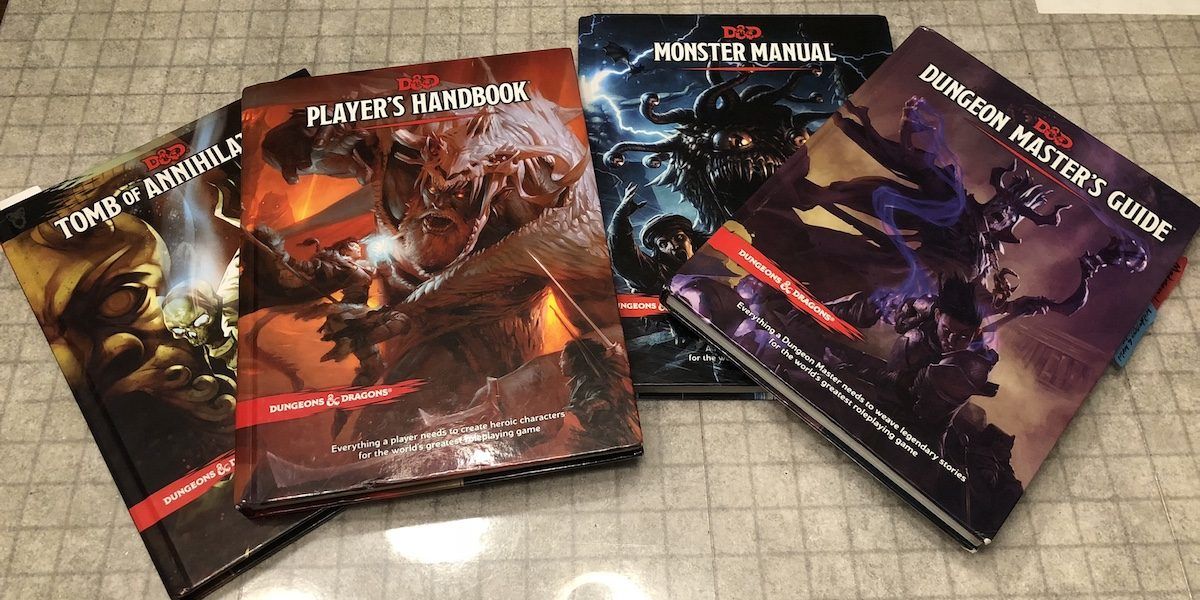
The point of Dungeons & Dragons is to tell a story, so Dungeon Masters should be well-versed in the art of storytelling. If Dungeon Masters are having trouble coming up with story ideas, looking towards favorite movies, books, and video games can often provide the right spark.
Dungeon Master's Guide also provides many brilliant jumping-off points for narrative ideas and complications, meaning that Dungeon Masters won't be running out of ideas any time soon. The index of the Dungeon Master's Guide also includes a wide variety of books about storytelling if new Dungeon Masters aren't sure where to begin.
NEXT: Dungeons And Dragons: Dark Alliance Is The Perfect Combination Of Past And Future

